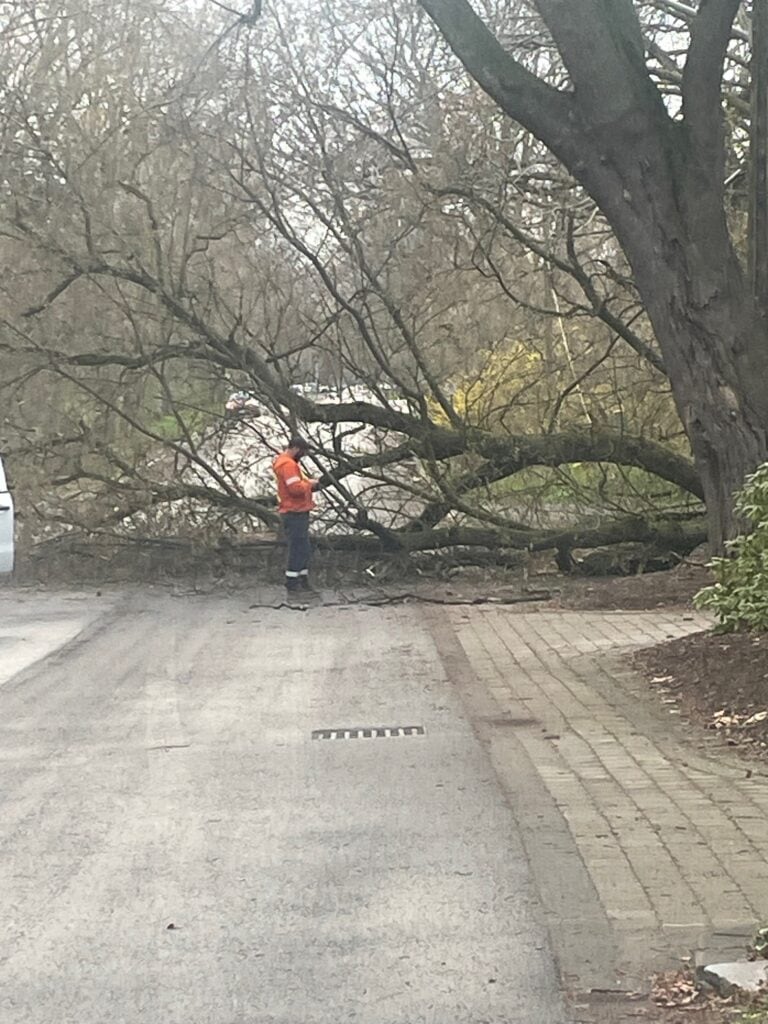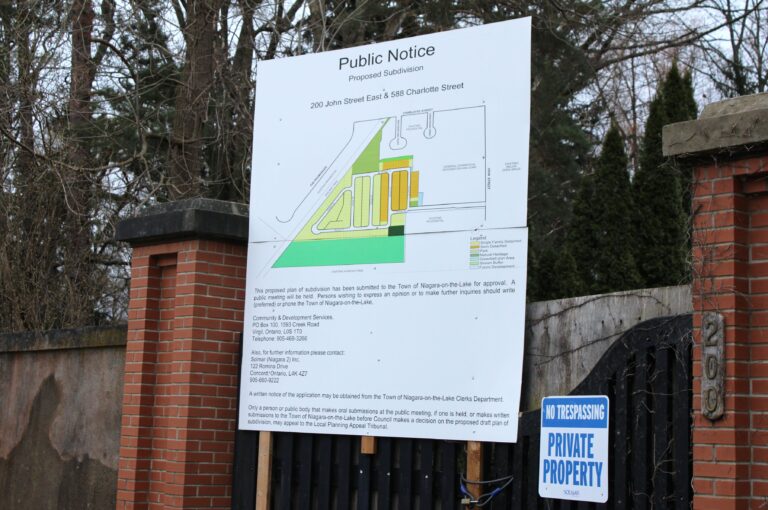This is the third in a series of in-depth stories about how tourism is changing worldwide and how some destinations are dealing with concerns about overtourism, unprecedented growth in short-term rentals, skyrocketing housing prices and, ultimately, how these factors can affect communities.
Every municipality needs to adopt policies based on its own character, but some economists and short-term rental advocates agree the industry needs to be built around owner-occupied rentals and discourage non-primary residence rentals – which effectively function as commercial businesses in residential neighbourhoods.
There is a distinction between hosted and unhosted rentals, or a bed and breakfast where someone lives year-round compared to a home that functions only as a short-term rental and has no permanent occupant.
But before looking at this solution, it is essential to highlight some of the important benefits of the rental industry.
The number one benefit of home-sharing short-term rentals is the ability for hosts to diversify their income stream, writes Josh Bivens, director of research at the Economic Policy Institute.
“Property owners do benefit from Airbnb’s capacity to lower the transaction costs of operating short-term rentals,” making it easier to earn revenue off their home, Bivens writes in his 2019 study “The Economic Costs and Benefits of Airbnb.“
Nathan Rotman, a public policy representative for Airbnb, agrees.
“Our hosts are regular people living in communities across the country and around the world,” Rotman said in an interview.
During the pandemic, when people have been losing their jobs and earning reduced incomes, the value of services like Airbnb cannot be overlooked, Rotman said, adding that 14 per cent of the platform's new hosts reported losing their job because of COVID-19.
And the average new host in Quebec since the beginning of the pandemic has earned an additional $8,000 in income, he said.
Bivens notes that short-term rental operators tend to be better off financially, particularly those who own two properties, a primary residence and a non-primary residence.
An analysis of the U.S. Federal Reserve in 2016 presented in Bivens' study showed that more than 90 per cent of non-primary residence wealth was owned by the top 20 per cent of earners in the United States.
“To put it simply, any economic occurrence that provides benefits proportional to owning property is one that will grant these benefits disproportionately to the wealthy,” Bivens writes.
He notes the transformation short-term rentals and Airbnb have gone through since the boom of the home-sharing market in the late 2000s.
“At its inception, Airbnb advertised itself as a way for homeowners (or long-term renters) to rent out a room in their primary residence, or as a way for people to rent out their dwellings for short periods while they themselves are traveling,” he writes.
“However, in recent years Airbnb listings and revenues have become dominated by “multi-unit” renters — absentee property owners with multiple dwellings who are essentially running small-scale lodging companies on an ongoing basis.”
Bivens writes that this development raises several key questions, such as why can companies like Airbnb operate mini-hotels in residentially zoned neighbourhoods?
Platforms like Airbnb allow people to ignore zoning bylaws, which leads to multiple property owners renting out their non-primary residence as “ghost hotels,” one of the main issues policymakers and housing advocates have raised when discussing this issue, Bivens notes.
As for regulating owners of multiple properties, Rotman said that decision is up to municipalities and he did not offer a specific stance on the issue on behalf of Airbnb.
The amount of money tourists who stay with companies like Airbnb spend in the communities they visit is another benefit that short-term rentals bring, Rotman said.
“In Toronto, for example, 45 per cent of total guest spending occurred in restaurants,” he said.
Rotman argued Airbnb also enables tourists to reach more untapped communities and areas off the beaten path of the typical tourist, such as Oro-Medonte or Haliburton.
However, Bivens argues such claims should “be ignored by policymakers seeking an accurate sense of the scale of Airbnb expansion costs and benefits.”
He cites two studies (one by Daniel Guttentag and another by Morgan Stanley Research) showed fewer than four per cent of Airbnb users would not have stayed in their intended location if Airbnb were unavailable.
Another benefit of Airbnb and short-term rentals is they reduce costs for short-term accommodations for travellers, Bivens writes.
A study by economists Georgios Zervas,Davide Prosperio and John Byers claims a 10 per cent increase in Airbnb rentals results in a 0.4 per cent decrease in hotel revenue.
Another study by economists Tarik Dogru, Makarand Mody and Courtney Seuss found a direct, negative correlation between hotel room prices and Airbnb expansion.
The study found that increasing Airbnb supply affects all hotel metrics, including room revenue, average daily rates and occupancy rates.
But Bivens once again is cautious about what the statistics mean.
“This potential benefit of Airbnb introduction and expansion is overwhelmingly a redistribution of welfare, not an increase in economy-wide welfare,” he writes.
An analysis by the Bureau of Economic Analysis, a U.S. government agency, shows that short-term rental prices have actually increased more than the cost of general goods since 2014, Bivens writes.
In Toronto, an advocacy group called Fairbnb, is hoping to provide an alternative to the burgeoning short-term rental model by offering rentals that strictly adhere to municipal rules and regulations.
“Airbnb has contributed to the housing crises (in various cities) by removing housing stock that was built, zoned, and approved as residential housing stock and converting this into what we call ghost hotels,” says Thorben Weiditz, of Fairbnb Co-op.
Fairbnb is a coalition of housing advocates, academics from institutions such as York University, community groups like the Friends of Kensington Market and many others.
The best solution to the problems caused by the explosive growth of short-term rentals and Airbnb is ensuring that homeowners actually rent out their primary residence and try to curb the proliferation of ghost hotels into residential neighbourhoods, Weiditz said in an interview.
“We are not against short-term rentals or Airbnb. We are a pro-home-sharing coalition, meaning that if you or I wanted to rent out our home while we are on vacation or gone away for a weekend, we should be able to do so,” he said.
“But we should not be able to buy up or lease up residential housing stock and turn this into commercial ghost hotels. That is where we draw the line.”
Fairbnb's tactic would seem to address several of the problems explored throughout this series by The Lake Report.
One of those issues, espoused by Seguin Township Mayor Ann MacDiarmid and Bivens, is that tourists staying at ghost hotels in residential neighbourhoods do not care about the area and are prone to being disrespectful of the community while adding undue stress on neighbourhood infrastructure.
Since ghost hotels do not pay commercial tax and are cheaper than regular hotels, the municipality loses out on potential revenue while still having to maintain its infrastructure.
“Transactions in the home-sharing market, therefore, involve a reallocation of resources from locals to non-locals,” Kyle Barron, Davide Prosperio and Edward Kung write in their 2017 study “The Effect of Home Sharing on Housing Prices and Rent: Evidence from Airbnb.”
“A shift in welfare from locals to non-locals is important for public policy because policy is set locally.”
In his own research, Bivens writes that this was a reason why hotels are specifically zoned and built away from residential neighbourhoods. It prevents the overflow of external costs onto long-term residents in what is supposed to be a residential neighbourhood.
NEXT: To rent or not to rent: The role of owner-occupied rentals.











